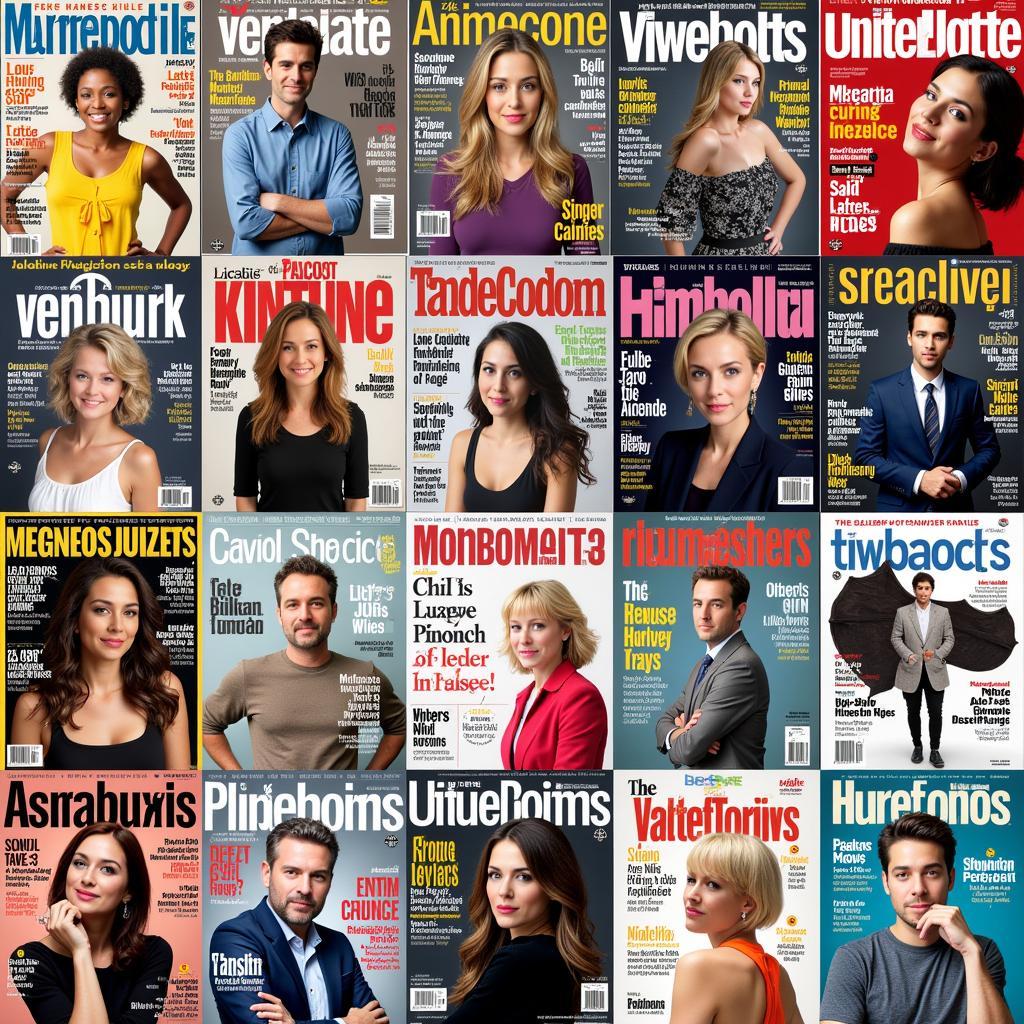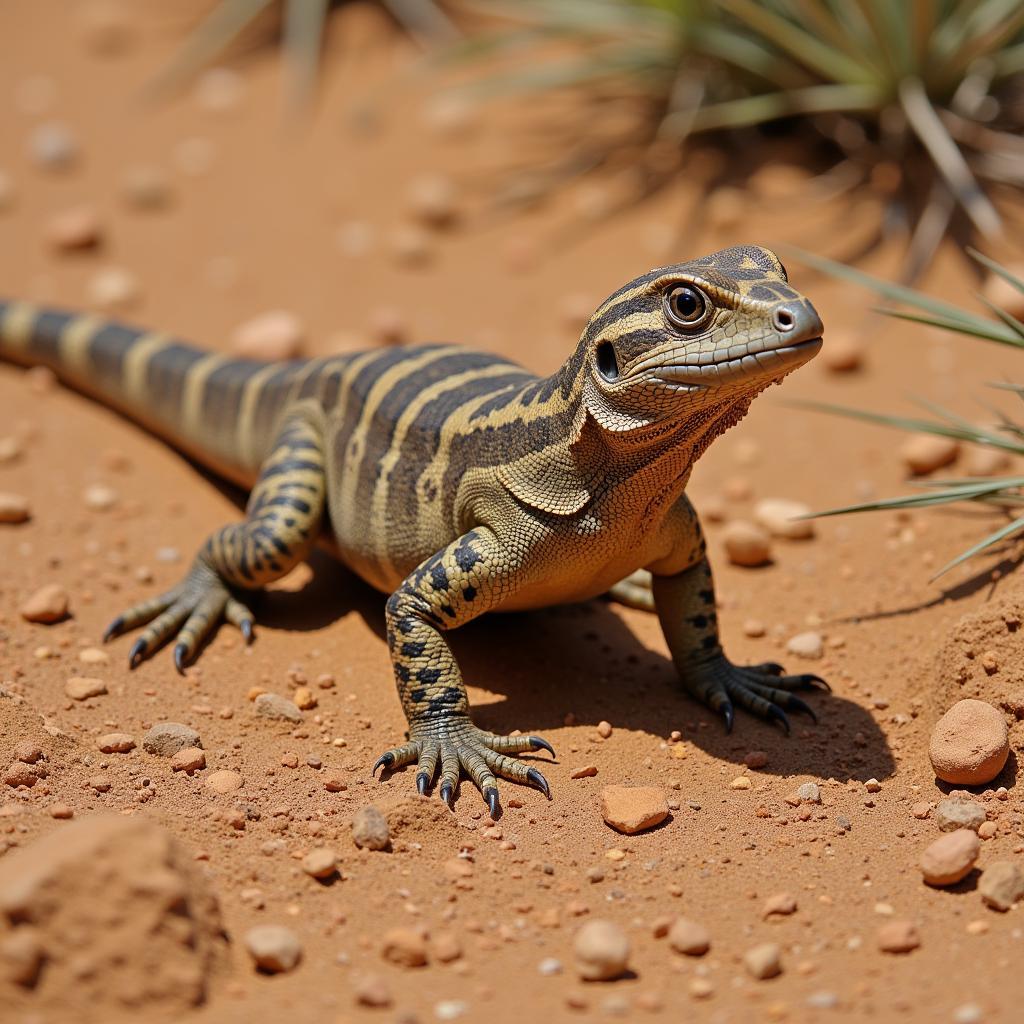African American Halloween Costumes: Celebrating Culture & Heritage
Halloween, a night of costumes and candy, also presents a unique opportunity to explore and celebrate diverse cultures. For many African Americans, choosing Halloween costumes goes beyond spooky or funny; it’s about embracing their rich heritage and sparking conversations about representation.
Finding Meaningful African American Halloween Costumes
While mainstream Halloween often overlooks diverse representation, African Americans are reclaiming the narrative. Instead of defaulting to generic options, many are opting for costumes that reflect significant aspects of African history, culture, and identity. This shift allows for self-expression, education, and the celebration of often underrepresented narratives.
Beyond the Mask: Understanding the Significance
Choosing an African American Halloween costume rooted in heritage is about more than just the outfit; it’s about understanding the story behind it. Each costume becomes a way to:
- Honor Ancestors and Leaders: Paying homage to historical figures like Nelson Mandela, Harriet Tubman, or Kwame Nkrumah allows individuals to embody the spirit of resistance, resilience, and leadership that shaped history.
- Celebrating Cultural Icons: Musicians like Fela Kuti or Miriam Makeba can be brought to life, celebrating their contributions to music and global cultural impact.
- Sharing Myths and Legends: Costumes inspired by African mythology, like Anansi the Spider or Yemoja, the Orisha of the sea, introduce others to the rich tapestry of storytelling traditions.
Navigating Cultural Appropriation vs. Appreciation
As with any cultural representation, navigating the line between appreciation and appropriation is essential. Here are key considerations:
- Research and Respect: Take the time to understand the history, significance, and traditions behind the chosen costume.
- Authenticity Over Stereotypes: Avoid costumes that perpetuate harmful stereotypes or reduce complex cultures to simplistic tropes.
- Engage in Dialogue: Be open to conversations about your costume choice and use it as an opportunity to educate others.
DIY African American Halloween Costume Ideas
Creating your own costume allows for personalized expression and a deeper connection to your chosen theme. Some starting points:
- African Prints and Textiles: Utilize vibrant Ankara fabrics, Kente cloth, or Mudcloth to create flowing gowns, headwraps, or tunics.
- Natural Elements: Incorporate natural materials like raffia, feathers, or beads to create accessories and embellishments.
- Makeup and Body Art: Explore traditional African face painting or body art techniques to enhance your costume.
African American Halloween Costumes: A Celebration of Identity
Choosing a Halloween costume is an act of self-expression. For African Americans, embracing culturally significant costumes becomes a powerful way to celebrate their heritage, educate others, and foster a deeper understanding of African culture in its multifaceted beauty.
FAQs About African American Halloween Costumes
1. Where can I find authentic African fabrics and accessories for my costume?
Many online retailers specialize in African textiles and accessories. Additionally, local African shops or markets in your area may carry these items.
2. Are there resources to help me learn more about African history and figures for costume inspiration?
Yes, museums, libraries, and online databases offer a wealth of information. Documentaries and films are also valuable resources for exploring African history and culture.
3. How can I ensure my costume is respectful and avoids cultural appropriation?
Thorough research and engaging with people of that culture are key. Avoid costumes that rely on harmful stereotypes or reduce a culture to a caricature.
Explore More about African American Culture and Traditions
Want to delve deeper into African American traditions? Learn more about African American Halloween traditions and their origins.
Need Help?
Contact us at +255768904061, Email: [email protected] Or visit us at: Mbarali DC Mawindi, Kangaga, Tanzania. We have a 24/7 customer support team.


